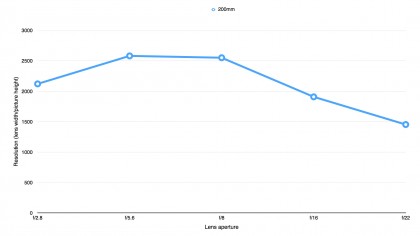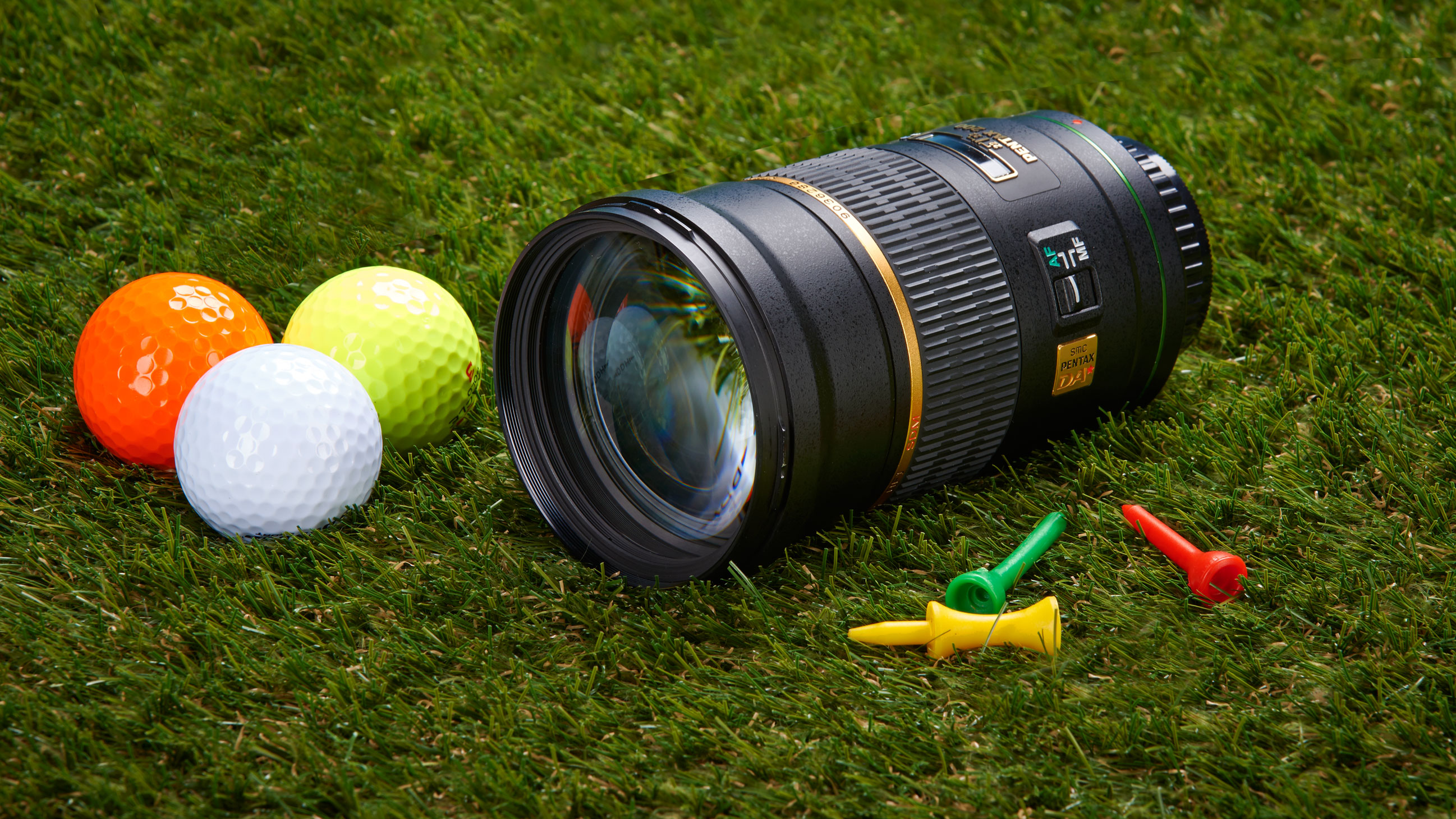TechRadar Verdict
With its impressive sharpness and minimal distortion, image quality is very good. In-camera corrections are typically available for fringing.
Pros
- +
Almost zero distortion
- +
Good sharpness, even wide open
- +
f/2.8 maximum aperture
Cons
- -
Poor colour fringing results
- -
Autofocus can hunt in low light
- -
Relies on in-camera stabilization
Why you can trust TechRadar
Mount: Pentax Format: APS-C Construction: Nine elements in eight groups, nine diaphragm blades Closest focus distance: 120cm Filter thread: 77mm filter Autofocus: ultrasonic (ring) Dimensions: 83 x 134mm, 825g Tested on: Pentax K-5 II
Slightly shorter but stockier than most 70-200mm f/4 zoom lenses, the Pentax 200mm prime is also roughly the same weight, at 825g. Even so, that makes it shorter and lighter than the Pentax-fit edition of the Sigma 70-200mm f/2.8 lens, which weighs 1.43kg. It's one upside of a fixed focal length, along with potentially superior image quality, which we'll come to later.
Pentax camera bodies usually have built-in sensor-shift image stabilisation so it's no surprise that the lens lacks an optical stabiliser. However, we were only able to get an effective benefit of about 2.5 stops in handheld shooting, so Sigma's decision to include its optical stabiliser in the Pentax-fit version of its 70-200mm is a good choice, although it isn't compatible with Pentax ist or K100D bodies.
This 200mm lens's upmarket build quality includes weather seals and a robust and rugged feel, along with a dirt-resistant coating on the front element. Other attractions in this lens include Extra-low Dispersion glass, internal focusing and ring-type ultrasonic autofocus.
Performance
On a K5 II body, autofocus proved fast, but not quite as rapid as in some competing lenses. It was also more prone to hunting in dull lighting conditions. Sharpness is better than the competing Sigma 70-200mm lens at its 200mm focal length, but the Pentax has more noticeable colour fringing. Distortion is practically non-existent.
Test results
Sharpness: It's one of the better lenses in this focal range, and sharpness is retained very well at the widest f/2.8 aperture and into image corners.

Fringing: Fixed focal length lenses would normally be expected to produce fewer aberrations, so the Pentax's relatively poor scores are disappointing.
f/2.8: 0.26
f/5.6: 0.57
f/8: 0.6
f/16: 0.84
f/22: 0.8
Distortion: 0.04
Practically non-existent, the tiny amount of pincushion distortion is effectively impossible to spot in images. A great result.
Verdict: With its impressive sharpness and minimal distortion, image quality is very good. In-camera corrections are typically available for fringing.
